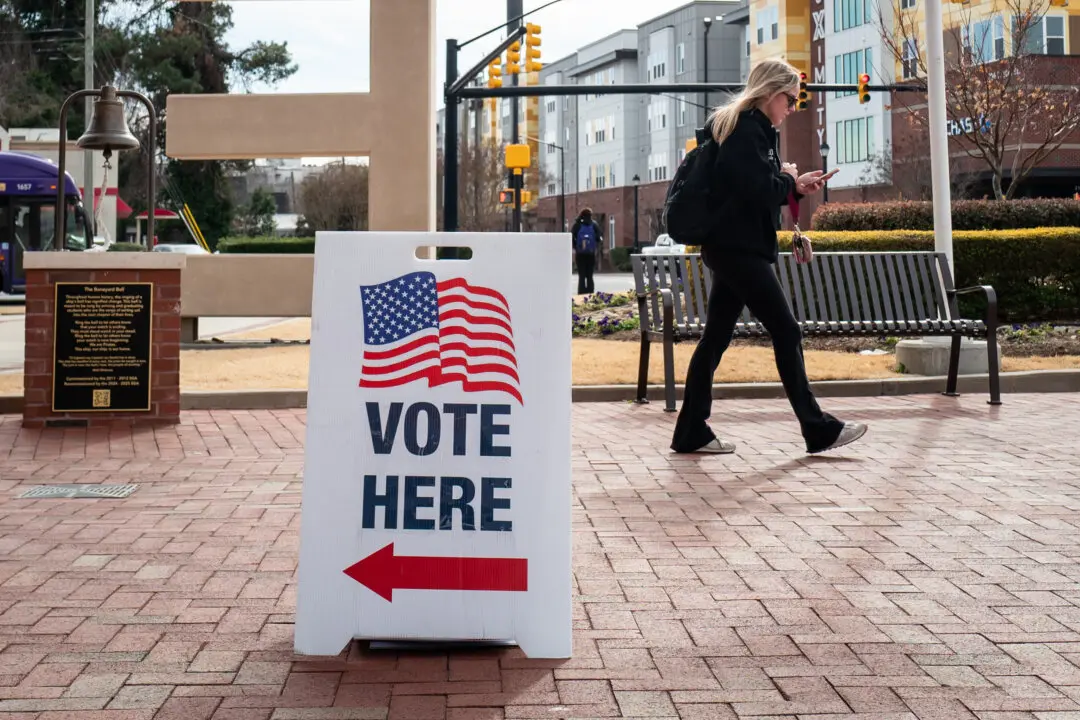Harris County, the largest county in Texas, was randomly selected to undergo a second election audit by the secretary of state’s office, drawing sharp criticism from Democrats.
Harris County, home to Houston and with over 4 million residents, is currently undergoing a state-run forensic audit of the 2020 election. The Democratic-controlled county has been heavily scrutinized for allowing drive-thru and 24-hour voting during the pandemic.





